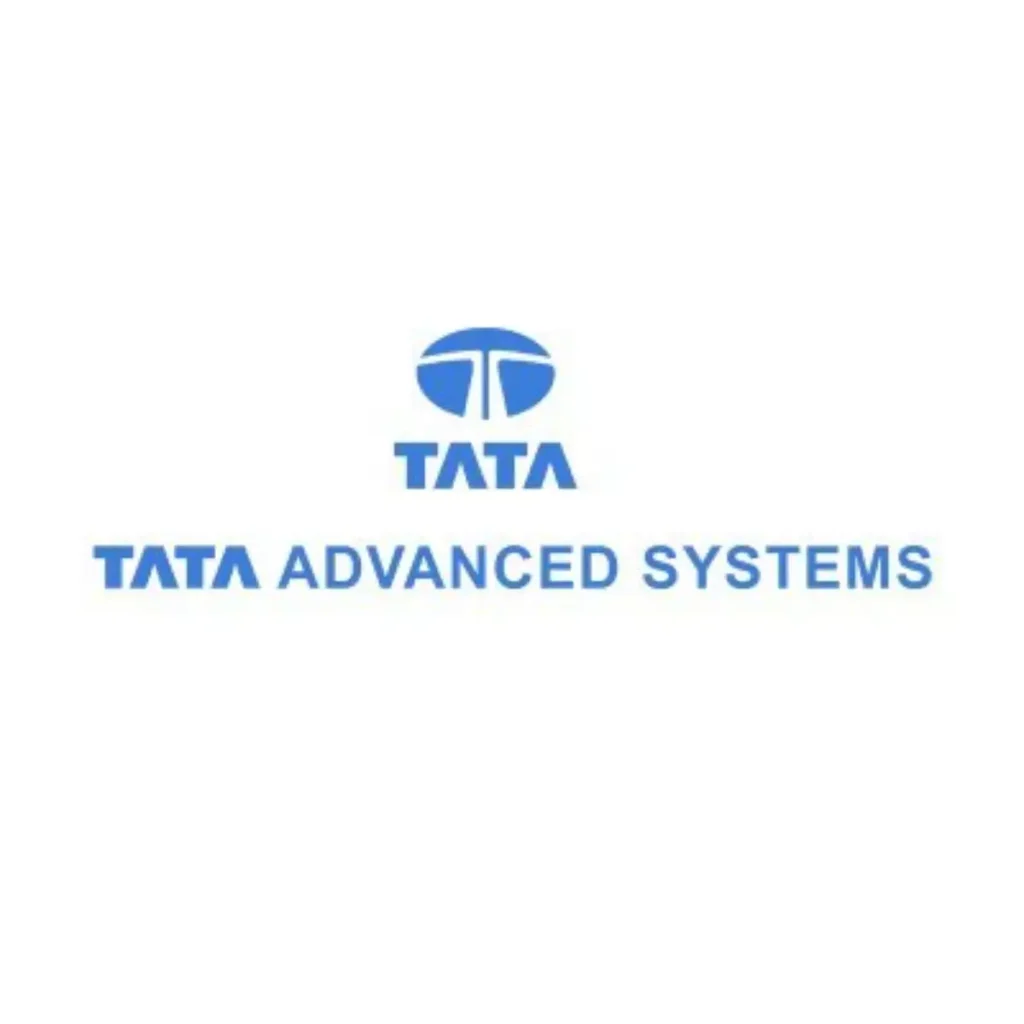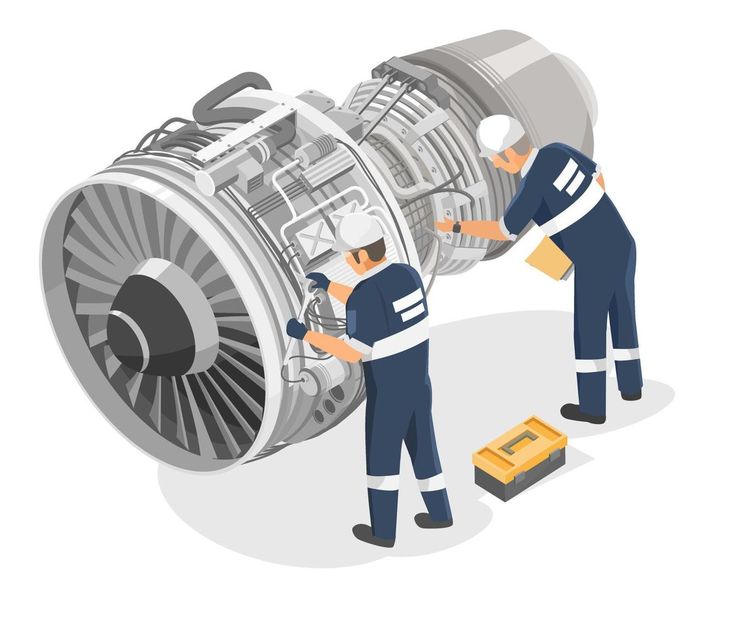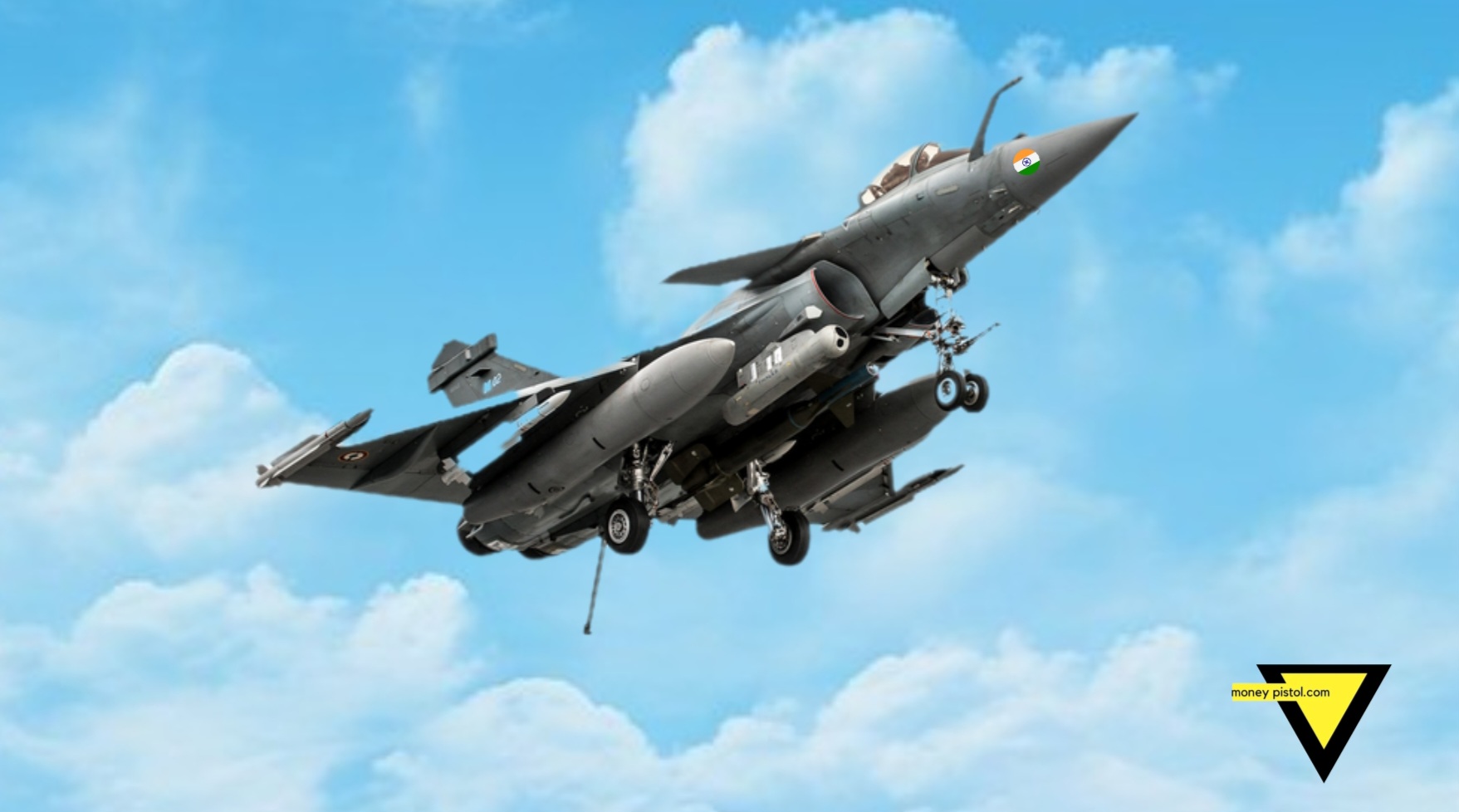India is on the verge of taking a significant step towards strengthening its defence capabilities and furthering the “Make in India” initiative by pushing for local manufacturing of Rafale fighter jets. The call to “Make in India Rafale Soon” is not just about assembling the aircraft on Indian soil – it represents a powerful step towards self-reliance, technological advancement, job creation, and a strong national defence ecosystem.
Tata Advanced Systems and Rafale – A New Strategic Partnership in the Making :

As India advances its goal of self-reliance in defense under the ‘Make in India’ initiative, Tata Advanced Systems Limited (TASL) is emerging as a key player in the potential local manufacturing of Rafale fighter jets. indianexpress.com
The Strategic Importance of Rafale :
Developed by France’s Dassault Aviation, the Rafale is a highly versatile 4.5-generation fighter aircraft capable of performing a wide range of missions. With state-of-the-art avionics, advanced weapon systems and exceptional performance in air-to-air and air-to-ground combat, the Rafale has become a vital asset for the Indian Air Force (IAF). India signed an inter-governmental agreement with France in 2016 to procure 36 Rafale jets in fly-away condition. All the aircraft was set to be delivered by 2022 and their deployment has substantially boosted India’s aerial combat power. However, the future lies not just in procuring but in manufacturing these advanced systems locally.
Why “Make in India Rafale” Matters :
Manufacturing Rafale jets in India will be a major milestone for India’s defense manufacturing sector. Here’s why it matters

Technology Transfer: By working together with Dassault Aviation to produce locally, Indian businesses will be able to share knowledge, enhance their skills, and acquire vital aerospace technologies.
Employment Creation: Defense production has the potential to generate thousands of highly skilled employment in a variety of industries, including engineering, design, manufacture, and logistics, particularly at the scale of fighter aircraft.
Enhancing the Defense Industrial Base: By including businesses such as HAL (Hindustan Aeronautics Limited), DRDO (Defence Research and Development Organization), and private entities, a strong ecosystem that can sustain upcoming domestic initiatives would be created.
Cost Efficiency: Local production will lower long-term expenses associated with maintenance, spare parts, and future upgrades, even though the original investment may be high.
Strategic Autonomy: Manufacturing Rafales in India guarantees quicker delivery, simpler customisation in accordance with IAF requirements, and less reliance on other countries in times of necessity. This will give more boost ” Make in India” Concept
Global Opportunity and Export Potential :

With the successful export of weapons such as artillery systems, surveillance equipment, and BrahMos missiles, India has already established itself as a major player in the defense manufacturing industry. Under license arrangements with France, there is a great chance that parts or perhaps entire aircraft might be exported to friendly countries if Rafale planes are produced in India. In the upcoming years, this can turn India into a major center for defense worldwide.
Challenges and the Road Ahead :
While the vision is strong, there are challenges that need to be addressed
Intellectual Property and Licensing: Foreign defense corporations frequently have limited access to technology. It will be crucial for Dassault and its Indian partners to reach an open and advantageous arrangement.
Infrastructure and Skill Gaps: Establishing fighter aircraft production facilities requires a significant investment in both money and technology. In addition to factories, it also needs highly qualified labor, sophisticated testing facilities, and quality control systems.
Bureaucratic Barriers: For defense production to succeed, it is essential to expedite approvals, promote private sector involvement, and guarantee ease of doing business.
A Strategic Move in the Changing Global Order :
It is now essential to have a local capacity to develop advanced fighter jets because of the escalating geopolitical tensions throughout the world, especially in the Indo-Pacific and along India’s northern frontiers. It enhances India’s standing as a regional force and is consistent with Prime Minister Narendra Modi’s goal of Atmanirbhar Bharat (Self-Reliant India).

If the Rafale project is included in the “Make in India” category, it will also strongly indicate to international defense firms that India is prepared to build rather than just purchase. India wins strategically and economically, and international partners can access one of the biggest and fastest-growing defense markets.
Closing Remark:
“Made in India “Rafale Soon” is a call to action rather than just a catchphrase. It’s a daring move toward making India a major player in defense manufacture and a strategic requirement. It represents the nation’s transition from the biggest arms importer in the world to a respectable military manufacturer.
The indigenous manufacturing of Rafale jets will usher in a new age of strength, independence, and creativity in India’s defense history if it is carried out with a clear policy, robust public-private cooperation, and international cooperation.
This strategy has the potential to completely change India’s defense environment for future generations, therefore let’s hope it materializes quickly.
for more such information stay connected with us on moneypistol.com



This is a significant move for India’s defense sector, and it’s inspiring to see the push for local manufacturing of Rafale jets. The Make in India initiative seems to be gaining momentum, and this could truly transform the country’s defense capabilities. However, I wonder if the infrastructure and expertise are fully in place to handle such advanced manufacturing. What steps are being taken to ensure that the quality and performance of these locally manufactured jets match the original standards? Also, how will this impact the cost and timeline of production? It’s exciting to think about India becoming a global hub for defense manufacturing, but I’m curious about the potential challenges in exporting these jets to other countries. Do you think this move will strengthen India’s position in the global defense market?
Wir haben libersave in unser regionales Gutscheinsystem eingebunden. Es ist toll, wie einfach man verschiedene Anbieter auf einer Plattform bündeln kann.
Subject: Re: Significant Move in India’s Defense Sector
Dear Sir/ Madam,
Thank you for your message. I completely agree — this is indeed a significant development for India’s defense sector. It’s truly encouraging to witness the growing emphasis on indigenous manufacturing and self-reliance, in line with the “Atmanirbhar Bharat” vision.
L&T’s proactive approach not only strengthens the domestic defense manufacturing ecosystem but also sets a strong example for private sector participation in strategically important sectors.
Looking forward to seeing how this initiative unfolds and contributes to a more self-sufficient and secure India.
Warm regards,
Dinesh Shah
man behind Money Pistol
email: moneypistol9@gmail.com